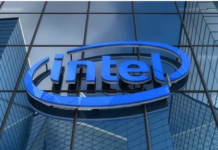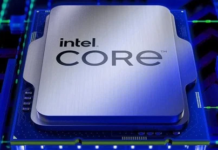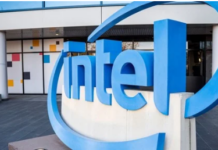Broadcom’s acquisition of VMWare is finally complete, nearly 18 months after the initial announcement. A deal as troubled as the one that united Microsoft and Activision, we could say, and of more or less the same magnitude – the chipmaker has in fact put the beauty of 61 billion dollars on the field, as well as taking on a previous debt of 8 billion by VMWare. There has been less talk about it for rather trivial reasons – both companies operate in a market a little further away from the one in which the consumer/end user moves, decidedly more akin to video games than to internet infrastructures.
Broadcom is one of the largest chipmakers in the world, and creates a whole series of essential products for servers and datacenters, such as network interfaces; VMWare, on the other hand, is one of the leading companies in the world of virtualization, an extremely common practice for managing and operating the aforementioned servers and datacenters. In short, a merger of the two giants made perfect sense, but the most important antitrust authorities in the world wanted to make sure that there was not too great a risk of creating a monopoly.
As is often the case when it comes to Big Tech, the European Union has been one of the most difficult hurdles to overcome: it has demanded concrete guarantees against limiting VMWare’s compatibility with hardware from other manufacturers and against the creation of exclusive hardware/software bundles. Broadcom, which had also tried to buy Qualcomm in past years but failed, had nevertheless obtained EU approval as early as this summer, thanks to some strategic concessions.
The last remaining hurdle was China, which gave its approval just in the past few hours after imposing some additional conditions on Broadcom on local sales policies – again it is mostly about ensuring that VMWare works with the hardware of the most popular manufacturers in China. This completes one of the biggest acquisitions not only in the technology sector, but ever.
































